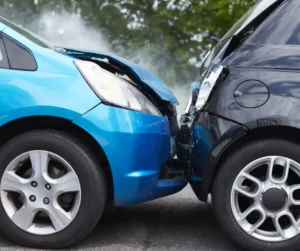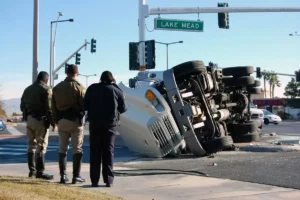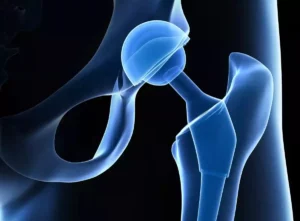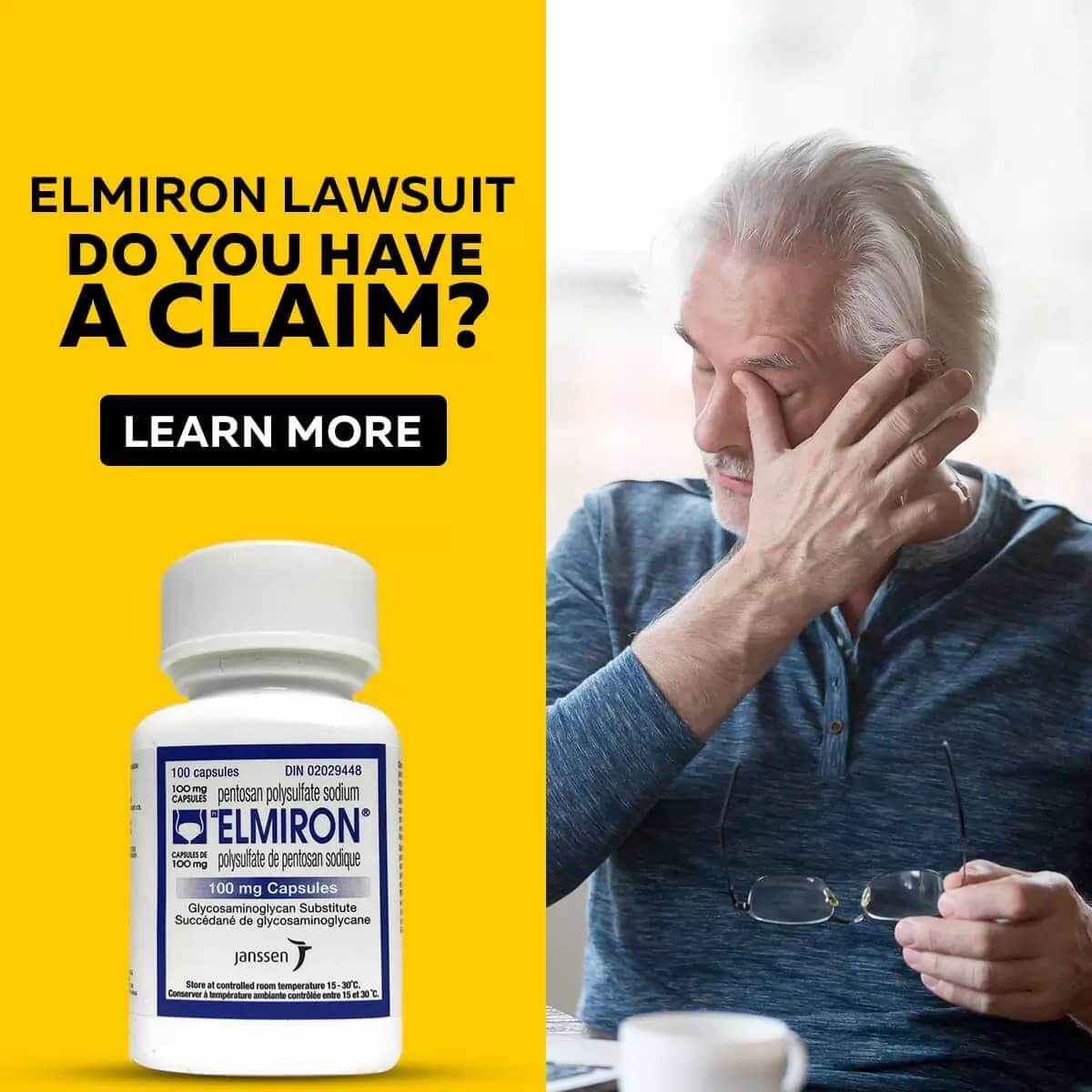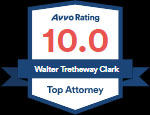Banning Motorcycle Traffic Laws
Banning motorcycle traffic laws are important for all drivers and riders to understand for their safety and to limit the potential for accidents. We explain some of the major traffic laws that motorcyclists need to know to navigate the roadways in Banning.
In the event of a crash, these laws could play a role in determining fault and the potential to pursue a legal claim for damages. Our team of seasoned legal professionals at Walter Clark Legal Group could assist you or a loved one after a motorcycle collision caused by someone else’s misconduct.
What Are the Different Motorcycle Categories, and Which Are Street Legal?
California distinguishes between several types of motor-powered cycles, including motorcycles, mopeds, scooters, and other similar vehicles. Each recognized class of motor-powered cycle has its own licensing, registration, and operation rules for use throughout California. The different classes of motorcycles and their legal use requirements are as follows:
- Motorcycles: Vehicles with 2-3 wheels that have an engine larger than 150 cc. They generally require an M1 or Class C license depending on the number of wheels or use of a sidecar.
- Motor-Driven Cycles: Vehicles with 2-3 wheels and an engine smaller than 149 cc. These vehicles require a M1 motorcycle license.
- Mopeds: Motorized bicycles that produce less than 4 gross brake horsepower and can be driven with either a M1 or M2 driver’s license.
- Scooters: These vehicles are different from motorcycles in that they typically have a floorboard for standing. Scooters can be driven with any type of driver’s license and do not require registration. However, scooters cannot be driven on sidewalks or faster than 15 mph.
Since most motorcycles can be driven on roadways in Banning and other parts of California, riders must also follow the financial responsibility laws in the state. This includes carrying active insurance that meets the minimum policy requirements. Motorcycle riders who are underinsured or uninsured could have limited recourse in pursuing damages for pain and suffering against another at-fault driver after an accident under California Prop 13.
California Safety Requirements for Motorcyclists
Motorcyclists in Banning must follow additional safety requirements under California’s Vehicle Code compared to drivers of passenger cars. For example, California Vehicle Code § 27803 requires all riders to wear a helmet that conforms with U.S. Department of Transportation specifications. Beyond a helmet, riders should also wear appropriate clothing, including long-sleeve and durable materials, to mitigate the risk of injuries from contact with the road or other objects. Riders are also responsible for ensuring the proper condition of their bike before operating them on local roads and freeways. Working turn signals, brake lights, safety mirrors, and a horn are all examples of key safety features that motorcycles must contain for lawful operation.
What Could Happen If You Violate Motorcycle Traffic Laws?
Motorcycle traffic laws exist for the safety of riders and other drivers on roadways in Banning. A violation could reduce or limit an injured rider’s award of damages against another negligent party. California’s comparative fault rule reduces a negligent plaintiff’s damages by their percentage of fault for causing the collision. For example, a rider who failed to wear reflective lights and gear may be partially at fault for injuries from being struck by a vehicle at night.
Contact a Banning Attorney to Learn More About how Motorcycle Traffic Laws May Impact Your Case
Motorcycle wreck cases can be complex. Working with qualified attorneys who understand Banning motorcycle traffic laws can be valuable in defending against claims of comparative fault and pursuing claims for fair compensation. Schedule a free consultation with Walter Clark Legal Group for guidance and possible representation in a personal injury case after a motorcycle collision.









